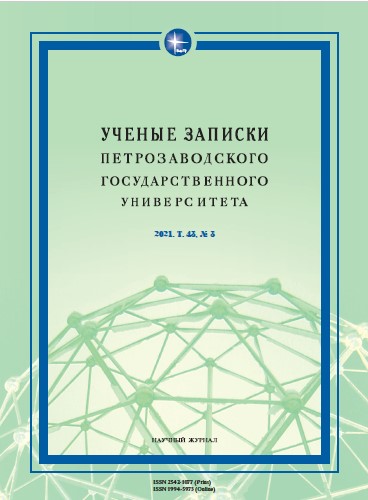ОСОБЕННОСТИ ПЕРЕДАЧИ НАИМЕНОВАНИЙ РЕАЛИЙ НА АНГЛИЙСКИЙ ЯЗЫК (НА МАТЕРИАЛЕ ПРОИЗВЕДЕНИЙ РУССКИХ ПИСАТЕЛЕЙ)
SOME PECULIARITIES OF TRANSLATING RUSSIAN REALIA INTO THE ENGLISH LANGUAGE (ANALYZING THE WORKS OF RUSSIAN WRITERS)
Author(s): Tatyana S. DavidovaSubject(s): Recent History (1900 till today), Comparative Linguistics, Russian Literature, 19th Century, Translation Studies
Published by: Петрозаводский государственный университет
Keywords: non-equivalent vocabulary; realia; onomastic realia; ethnographic realia; socio-political realia; geographical realia; transcribing; transcription; functional analogue; loan translation;
Summary/Abstract: The article addresses the problem of translating Russian culture-specific realia found in the works of Russian writers of the XIX and the XX centuries into the English language. Four large classes of realia are analyzed: onomastic, ethnographic, socio-political, and geographical ones. Special attention is paid to the first two classes – onomastic and ethnographic realia – as the largest and most frequently used ones. Typical techniques of translating each class of nation-specific vocabulary are investigated. Thus, the most frequent way of translating onomastic realia (anthroponyms, toponyms, ergonyms) is transcription or transliteration, and less often – loan translation and mastering (familiarization), while functional analogue and less frequently used description and transcription are generally utilized for translating ethnographic realities. The first-choice techniques for translating socio-political realia are transcription, description and (less often) functional analogue, while geographical realities are typically translated through description or generalization. The article also touches upon such translation issues as “speaking” names (charactonyms), expressive and evaluative vocabulary, relevancy of certain cases of context substitution and some variants of description of the names of Russian national dishes, garments, games, etc., when the words often lose their national flavor. It is also suggested to provide historical and cultural comments for certain socio-political vocabulary. In conclusion it is emphasized that various factors should be taken into account in order to create a proper variant of translation that would evoke the right emotional and esthetic feelings and preserve the national identity of the text.
Journal: Ученые записки Петрозаводского государственного университета
- Issue Year: 43/2021
- Issue No: 3
- Page Range: 41-47
- Page Count: 7
- Language: Russian

